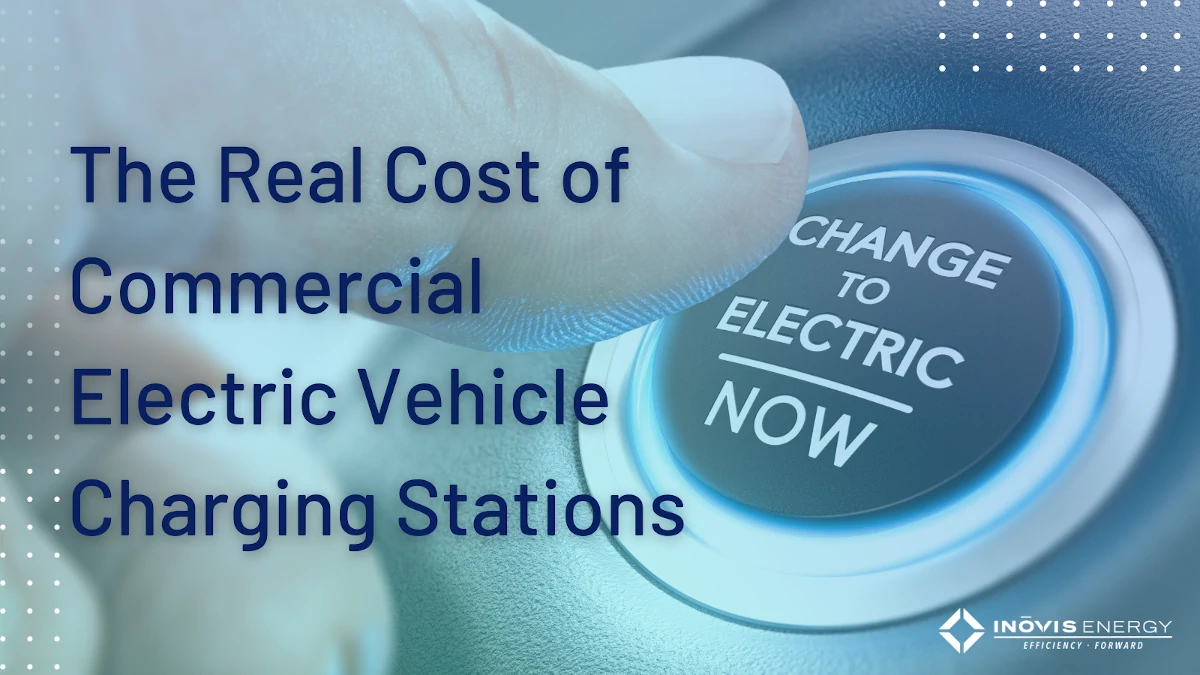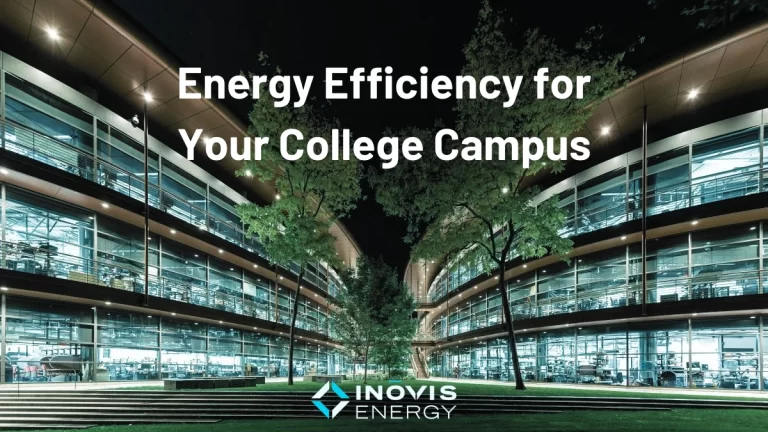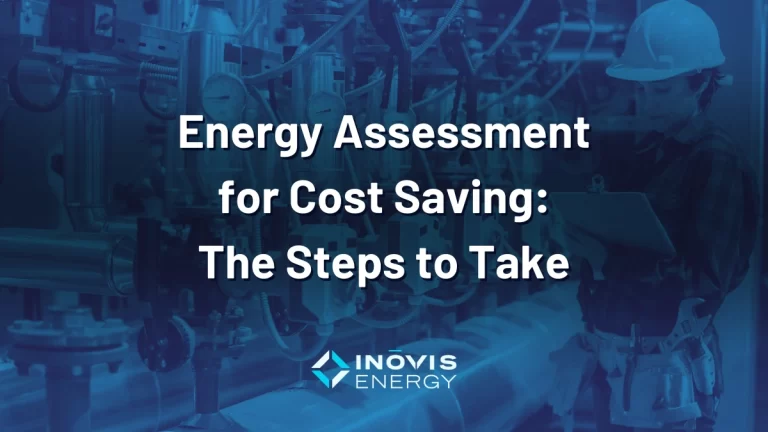Electric vehicles (EVs) are becoming more and more prevalent on the road today. It’s not just Tesla sedans, either—virtually every major automaker has at least one line of EVs now, with others due to hit the market in the coming years. All told, EVs could represent up to 30% of new vehicle sales by 2030. The outlook for these vehicles is exceptional.
But there’s one major barrier to EV adoption. While many assume that it’s cost, the price of EVs is actually falling significantly. The real barrier is infrastructure: specifically, the lack of commercial charging stations. Before EVs can take over the auto market, the infrastructure needs to support them.
All this is to say that many commercial businesses have begun to make EV improvements part of their forward-looking sustainability initiatives. The question is: how much will it cost?
It’s a great time to consider EV infrastructure
Installing electric vehicle charging stations at your business is a win-win for consumers and the environment. Not only does it support your employees and patrons who already own EVs, it encourages others to consider an EV for their next vehicle purchase—all while showing that you care about the environment.
Now is an especially good time to make a forward-looking commitment to electric vehicle charging stations. With the passage of the Infrastructure and Jobs Act, American infrastructure is primed for a massive update that supports electric vehicles and charging stations. According to the legislation, “$7.5 billion is allocated to build a nationwide network of 500,000 electric vehicle chargers.”
In addition, the Inflation Reduction Act also paves the way for consumer rebates on new electric vehicles. Consumers can take advantage of up to $7,500 in rebates on the purchase of new electric vehicles. This is meant to spur a shift in car-buying habits. With the rebate program expected to expand pending future legislation, building owners will soon see more EVs in their parking lot—which means more demand for chargers.
EV charging station cost breakdown
If you’re conscious of the growing demand for electric vehicle charging stations on your premises, you’re likely considering the cost of this investment. While there’s no specific dollar figure to point at for EV infrastructure improvements, there are several cost ranges businesses can consider.
- Infrastructure. The cost of the charging stations themselves is perhaps the easiest cost to estimate. Based on the current generation of charging technology, you can expect to pay between $300 and $1,500 for Level 1 chargers, $400 and $6,500 for Level 2 chargers, or $10,000 and $40,000 for DC Fast Chargers (DCFCs).
- Soft costs. Soft costs are those involved in the project, but not directly attributable to the hardware or the installation—think permits, zoning, signage, carports, bollards, etc. Expect soft costs to come in at between 3-6% of the total project value.
- Installation. Installation costs are highly variable and depend largely on the scope of work involved. Putting in two Level 1 chargers will cost much less than a fleet of DCFCs, for example.
- Software. EV charging stations come with software that must be updated and maintained. Thankfully, the cost of this software tends to be nominal—it may even be rolled into maintenance-as-a-service costs. Software expenses average $300 annually.
Keep in mind that these are basic cost considerations. Depending on how high-tech you want to get, your costs could climb higher. For instance, if you choose to invest in a power management system (i.e., a smart charger), you can plan to tack several thousand more onto the cost of a project. It all comes down to the scope of work.
Consider your scope of demand
When considering scope of work, it’s important to not only look at current demand, but also future considerations. You might have two EVs in your parking lot today and 50 more in the next five years! Think ahead and plan to grow into your investment in electric vehicle charging stations.
A good rule of thumb is to consider EV charging capabilities for 5-8% of your total lot capacity. For perspective, if you have a surface lot with 50 parking spaces, plan to convert 3-4 of them to EV charging stations. Conversely, if you have a parking structure that accommodates 300 spaces, 15-20 spaces would be a good target.
Keep in mind, these are benchmarks. It’s also smart to think dynamically about your parking. Survey regular staff about their intent to own an EV, for example. Remember that an investment in EV charging stations today will likely cost less than in the future, so growing into that capacity offers future cost savings.
Think of EV charging stations as an investment
An investment in EV charging stations today is an investment in the future. There’s no doubt that EVs will soon dominate the road. When they do, there’s going to be an overwhelming demand for places to park and charge them. Commercial property owners that take the initiative to create an EV infrastructure today will be rewarded not only with reputability in the future—they’ll also solidify their commitment to a greener future.
To learn more about EV charging stations and the benefits that accompany an investment in them, contact Inovis Energy for a no-cost EV charging assessment!




